Intro
Discover mental health resources, including therapy, counseling, and support groups, to prioritize wellbeing and manage stress, anxiety, and depression with accessible online tools and local services.
The importance of mental health cannot be overstated, as it plays a significant role in our overall well-being and quality of life. With the increasing demands of modern life, it's not uncommon for individuals to experience stress, anxiety, and other mental health issues. Fortunately, there are numerous mental health resources available to help individuals cope with these challenges and improve their mental health. In this article, we will explore the various resources available, their benefits, and how to access them.
Mental health issues can affect anyone, regardless of their background, age, or socioeconomic status. According to the World Health Organization (WHO), approximately 1 in 4 people will experience a mental health issue each year. The consequences of untreated mental health issues can be severe, including decreased productivity, strained relationships, and even suicidal thoughts. Therefore, it's essential to prioritize mental health and seek help when needed. The good news is that there are many resources available to support individuals in their mental health journey.
The availability of mental health resources has increased significantly in recent years, thanks to advances in technology and growing awareness about mental health. From online therapy platforms to support groups and hotlines, individuals can now access help from the comfort of their own homes. Moreover, many employers and educational institutions are recognizing the importance of mental health and providing resources to support their employees and students. With so many resources available, it's easier than ever to take the first step towards improving mental health.
Mental Health Resources Overview
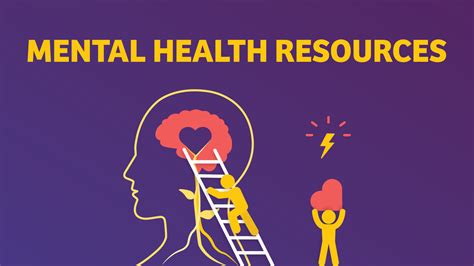
Benefits of Mental Health Resources
The benefits of mental health resources are numerous and well-documented. Some of the most significant advantages include: * Improved mental health outcomes: Access to mental health resources can lead to improved mental health outcomes, including reduced symptoms of anxiety and depression. * Increased accessibility: Mental health resources can be accessed from anywhere, making it easier for individuals to seek help, especially those living in rural or underserved areas. * Reduced stigma: The availability of mental health resources can help reduce stigma around mental health issues, encouraging more individuals to seek help. * Cost-effective: Many mental health resources are free or low-cost, making them a cost-effective option for individuals who may not have access to traditional therapy.Online Therapy Platforms
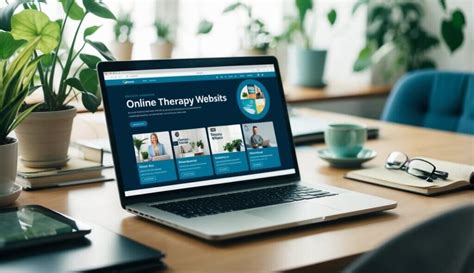
How Online Therapy Platforms Work
Online therapy platforms work by connecting individuals with licensed therapists who can provide guidance and support via video, phone, or messaging. The process typically involves: 1. Signing up: Individuals sign up for the platform, providing basic information and answering a few questions about their mental health concerns. 2. Matching: The platform matches the individual with a licensed therapist based on their needs and preferences. 3. Sessions: The individual and therapist schedule sessions, which can be conducted via video, phone, or messaging. 4. Communication: The individual and therapist communicate regularly, with the therapist providing guidance and support to help the individual achieve their mental health goals.Support Groups
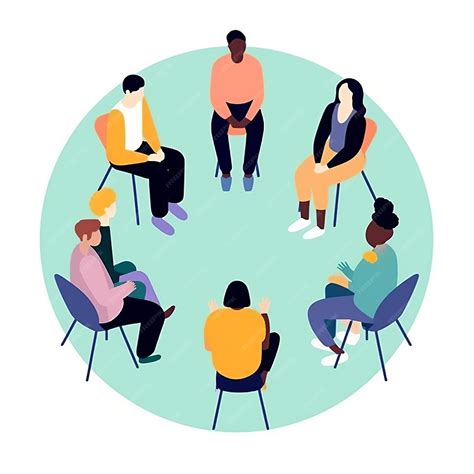
Types of Support Groups
There are many types of support groups available, including: * In-person support groups: These groups meet in-person and provide a face-to-face connection with others. * Online support groups: These groups meet online and provide a convenient and accessible way to connect with others. * Peer-led support groups: These groups are led by individuals who have experienced mental health issues themselves and provide a unique perspective and understanding. * Professionally led support groups: These groups are led by mental health professionals and provide a more structured and educational approach.Hotlines
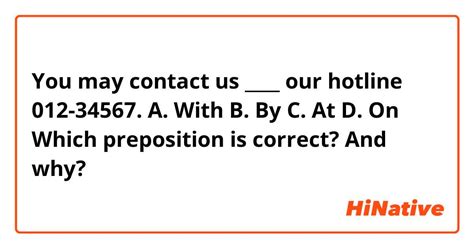
How Hotlines Work
Hotlines work by providing immediate support and guidance for individuals in crisis. The process typically involves: 1. Calling or texting: The individual calls or texts the hotline, speaking with a trained professional who can provide emotional support and guidance. 2. Assessment: The professional assesses the individual's situation and provides referrals to local resources, such as therapists or support groups. 3. Follow-up: The professional may follow up with the individual to ensure they are receiving the support they need and to provide ongoing guidance and support.Mental Health Apps
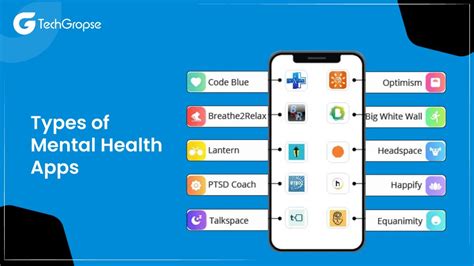
Popular Mental Health Apps
Some of the most popular mental health apps include: * Calm: Calm is a meditation and relaxation app that provides guided meditation and sleep stories. * Headspace: Headspace is a meditation and mindfulness app that provides personalized meditation sessions and tracking tools. * Moodfit: Moodfit is a mood tracking app that allows individuals to track their mood and provides personalized recommendations for improvement.Conclusion and Next Steps

We invite readers to share their thoughts and experiences with mental health resources in the comments below. Have you used any of the resources mentioned in this article? What were your experiences? Do you have any recommendations for mental health resources? By sharing our experiences and knowledge, we can work together to reduce stigma around mental health issues and promote a culture of support and understanding.
What are some common mental health resources?
+Common mental health resources include online therapy platforms, support groups, hotlines, and mental health apps.
How do I access mental health resources?
+Mental health resources can be accessed online or in-person. Individuals can search for resources in their area or online, and many resources offer convenient and accessible options, such as text messaging or video conferencing.
What are the benefits of mental health resources?
+The benefits of mental health resources include improved mental health outcomes, increased accessibility, reduced stigma, and cost-effectiveness.
How can I prioritize my mental health?
+Individuals can prioritize their mental health by seeking help when needed, practicing self-care, and engaging in activities that promote mental well-being, such as exercise, meditation, and spending time with loved ones.
What if I'm not sure where to start?
+If you're not sure where to start, consider reaching out to a trusted friend or family member, or contacting a mental health professional for guidance and support.
